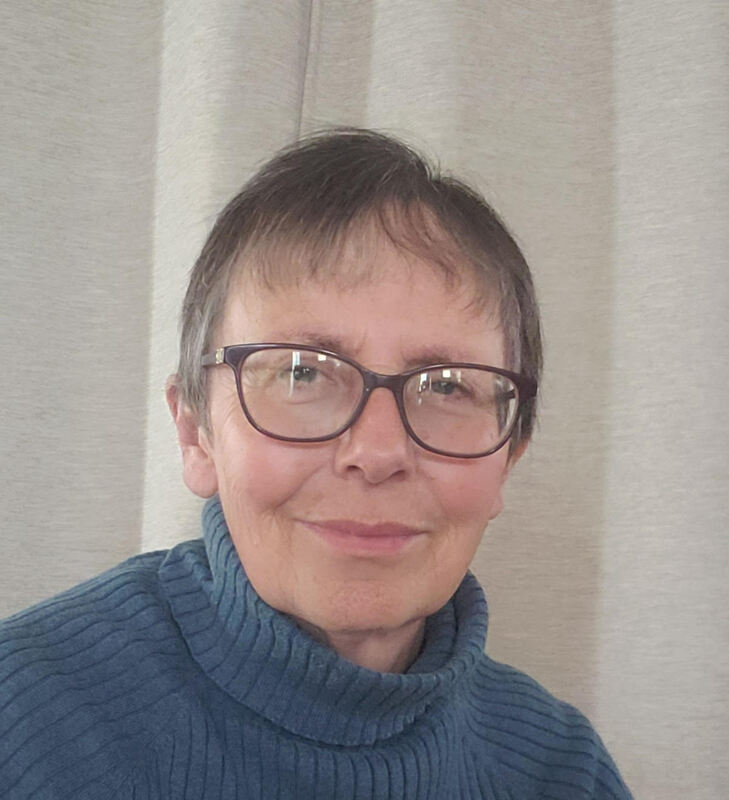AuthorAnne M. Smith-Nochasak: Archives
July 2024
Categories |
Back to Blog
No Marginal Love: A Parable7/21/2021  But children are truth, and the truth will not be buried. It will call itself forth. And when the day of reckoning came, the earth heard and brought them forth. The earth itself called out for justice. “Now I am pounding and screaming through the thick planks and there are voices on the other side, but they are chatting about something else. My story is important, I am screaming. Listen to it. Their voices are muffled, but I think that they are telling their own stories. Or perhaps they are telling their own story of me, a distorted story, and I am not really in it at all.
“They have their story of the owl, as it was for them. “I know the real story, and I need one person to understand it…” --Rachel, A Canoer of Shorelines, p.124 Wasaya is a healing place, a gentle, affirming setting, but Rachel misses much of the joy by indulging her human need to be understood – to have someone tell her that yes, she is doing it right; she belongs. Really, how often are we truly understood? In all honesty, would this understanding improve our lives? Rachel would initially be relieved to meet this one person who understands her, but I believe that she would soon be looking for another, if only to confirm the findings of the first. Jean Vanier sees the human condition so well in Becoming Human : We have compulsive needs: to win, to control, to be loved. Likewise we have compulsive fears: inner blockages, fears of some relationships, of conflict. These compulsions push us forward but they also constrain us. They close us in on ourselves, make us blind to our own limits and brokenness, and to the beauty and gifts of those who are different. Under the control of our compulsions, others can quickly become a threat: they stand in the way of the love or success we seem to need so badly. (P. 113) On a basic level, we miss our own lives when we indulge in these needs. On a more dangerous level, we can ruin the lives of others. Here is a parable about giving in to the compulsion to win, to control, to be loved: There were once lost people who roamed the earth, going back and forth. They looked upon a new people and said, “Let us make them over in our image.” They did not stop to think that making things in one’s own image was actually the right of the Creator. The lost people turned to this new people, and saw that they were marginalized, weak, and vulnerable. They formed a picture of how these new people must be remade. They consulted their books, and found approval for their quest. It would be easy, because they had power in the land. And they saw that it was good. These new people resisted mightily, for the picture forced upon them was strange and frightening. They had their own picture, their own story, and this was alien. They did not see themselves as a new people, for they had been present from the very beginning. The lost people were angry, because the new people would not do what was best for them. The best was, without doubt, their way. Look upon us, the lost ones demanded, and see that we are worthy. Let us take their children, they decided. It will be easy to remake the children. They will forget their ways, and crave our enlightenment. Thus the dark scheme began. Behold, the children wept in the night. Some died of grief, some of neglect, others through acts of violence. All suffered and were broken under the hands of the lost ones. This was a shame on the lost ones, so they tried to bury the knowledge. The lost people hid the children in the ground, and walked away. But children are truth, and the truth will not be buried. It will call itself forth. And when the day of reckoning came, the earth heard and brought them forth. The earth itself called out for justice. For the children were always loved, always beautiful, always perfect. And the rest of the parable lies in the future. To win, to control, to be loved: we group these together. If we win, if we are in control, then we will be approved. We will be loved! However, love is not something we achieve; it is something we recognize and embrace. It is present. We always had it. We just didn’t notice. When we surrender to the awareness that we are loved, we can begin. I turn again to my favourite quote from Henri Nouwen’s Here and Now: “Joy is the experience of knowing that you are unconditionally loved and that nothing… can take that love away.” To find joy in our own lives and in the lives of others, we must surrender our compulsions. All we need is the discovery that we are loved anyway, and that although none of us truly fit in, we all belong. Creation flows through us and around us; the breath that moved over the waters in the beginning is the breath that stirs the trees around us and the same breath that flows through each of us. We are one, and we belong. If only the lost people had remembered that they were loved unconditionally and from the beginning, then they would have walked with the new but ancient people, and the times and memories would have been gentle, like the sunrise over Rachel’s cove. The children had known this unconditional love; it was embedded in their birth. And that is why they will ever be present.
0 Comments
Read More
Your comment will be posted after it is approved.
Leave a Reply. |
ANNE M. SMITH-NOCHASAK

 RSS Feed
RSS Feed
